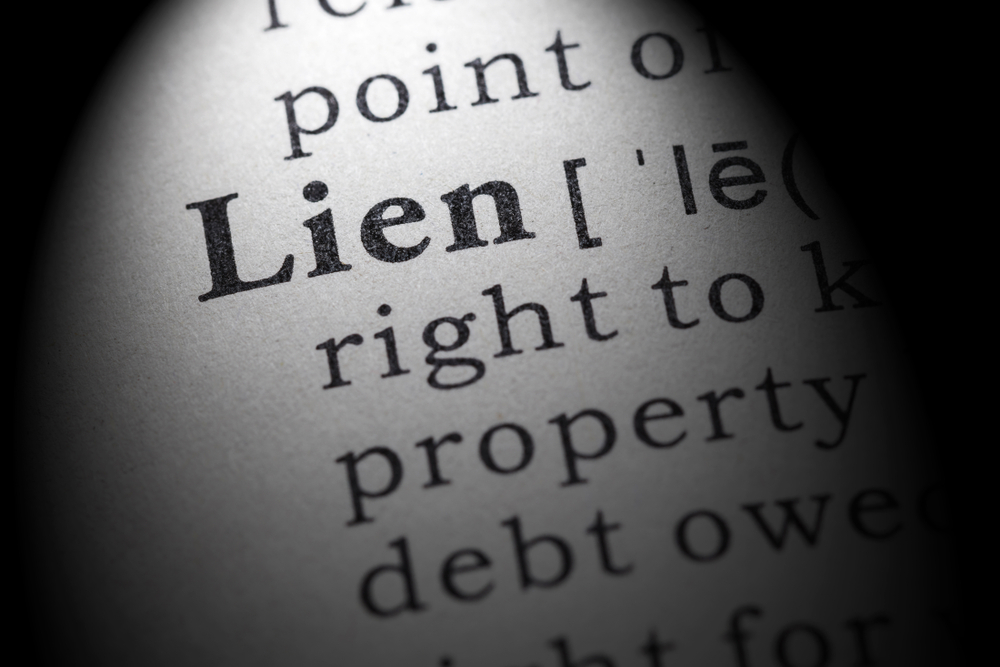In Louisiana, the concept of negligent security revolves around a property owner’s responsibility to provide a safe environment for visitors. This legal landscape shifted has shifted allowing, allowing the courts to apply a balancing test to determine the obligations of business to provide security.. Let’s delve into what negligent security entails and how recent cases redefined the landscape for victims.
Duty of Care: The Foundation of a Negligent Security Case
Generally, in Louisiana, businesses are not held responsible for the criminal acts of others that happen to take place on their property. However, a duty of care can arise under specific circumstances. This duty compels property owners to take reasonable measures to safeguard visitors from foreseeable criminal activity.
Foreseeability: The Key Factor
The crux of a negligent security case hinges on foreseeability. Prior to Posecai v. Walmart, courts focused primarily on whether similar crimes had occurred on the specific property in the past. The Posecai decision established a new standard. The court held while that the most important factor to be considered is the existence, frequency, and similarity of prior incidents of crime on the premises, the location, nature, and condition of the property should also be taken into account. The court created a sliding scale where the existence and extent of the business’s duty to provide to security increased as the foreseeability of harm increases.
For example, a very high degree of foreseeability is required in order to require businesses to post security guards, while a lower degree of foreseeability may support a duty to implement other security measures. such as security cameras, improved lighting, or installing fencing. This broader approach increased the likelihood of a property owner owing a duty of care in situations where crime is more foreseeable.
Sample Case
In 2002, the Louisiana Supreme Court issued an opinion in Pinsonneault v. Merchants & Farmers Bank & Trust, which involved a bank patron who was senselessly shot and fatally wounded while using the deposit box at a bank. The Court found that while the bank owed a duty to provide its customers with a reasonably safe place to conduct normal banking operations, the bank took adequate action prior to the shooting to satisfy that burden. In other words, the bank was not liable.
In reaching this conclusion, the Louisiana Supreme Court looked at prior incidents at the bank, the crime statistics of surrounding areas, the security plan implemented by the bank, and the actions taken by the bank in furtherance of their security plan. First, the Court found that the limited instances of prior crime at the bank and in the surrounding community were insufficient to require the bank to maintain security officers. Turning to the location, nature, and condition of the property, the court analyzed the fencing, lighting, surveillance equipment, and landscaping of the ban – ultimately agreeing with the trial court that the bank met its burden with regard to safety.
What Can Constitute a Breach of Duty?
Property owners can breach their duty of care in various ways. Examples include:
- Inadequate lighting in parking lots or stairwells.
- Improper or unmaintained fencing or landscaping.
- Faulty or non-existent security cameras
- Lack of security guards in high-risk or crime prone areas
- Broken locks or malfunctioning security gates
Examples of Negligent Security Cases
Here are some examples of scenarios that could potentially lead to negligent security claims:
- Assaults or Acts of Violence: These can occur due to a lack of security presence or inadequate security measures, such as insufficient lighting in a parking lot or the absence of security personnel, leading to an individual being attacked.
- Robberies and Thefts: Incidents where proper security measures, like surveillance cameras or security guards, could have prevented the criminal activity.
- Sexual Assaults and Harassment: These may happen because of negligent security practices, such as failing to install working locks on doors or windows or not screening entrances properly.
- Wrongful Death: In some cases, the lack of security measures can lead to fatal outcomes, and the property owner may be held liable for not providing a safe environment.
Building a Negligent Security Case
To succeed in a negligent security case, a victim must prove four elements:
- Duty of Care: The property owner owed a duty to provide a safe environment.
- Breach of Duty: The owner failed to uphold this responsibility through inadequate security measures.
- Causation: The owner’s breach directly resulted in the victim’s injury.
- Damages: The victim suffered physical, emotional, or financial losses due to the crime.
How Malvin Law Can Help
- Case Evaluation: Our lawyers can evaluate the merits of a case by reviewing the circumstances of the incident, the extent of the injuries, and the security measures that were in place. They can determine if there is a viable claim for negligent security.
- Providing Peace of Mind: Dealing with the aftermath of a crime or injury can be overwhelming. Having a lawyer handle the legal aspects allows the victim to focus on recovery and healing.
- Legal Expertise: Our lawyers specializing in negligent security cases have a deep understanding of the laws and regulations that apply. They can navigate the legal complexities and advocate for the rights of the injured party.
- Evidence Gathering: Our attorneys can gather crucial evidence to support the claim, such as security footage, witness statements, and expert testimony on security standards.
- Trial Representation: If a fair settlement cannot be reached, our lawyers can represent the client in court. They can present a compelling case to a judge or jury, highlighting the negligence of the property owner and the impact of the injuries on the client’s life.
- Maximizing Compensation: A lawyer can help in accurately calculating the compensation owed, which may include medical expenses, lost wages, pain and suffering, and punitive damages in some cases. They aim to secure the maximum compensation possible.
Related Blog Posts:
HIRE ONE OF THE BEST
PERSONAL INJURY LAWYERS

If you’ve been injured in an accident, it is imperative that you secure the best legal representation as soon as possible. Fill out the form below to get started for FREE.
Testimonials
“My attorney with Malvin Law was beyond impressive. I was involved in a car accident and from the first call my attorney Max was “ALL OVER IT” he handled all the logistics, set me up with a rehab facility and I began treatment within 72 hours of my accident. Past that point he checked in with me weekly not to update me necessarily, but just to see how I was doing and feeling. He got me the best settlement he could and really fought for my best interest. Highly recommended! ⭐️⭐️⭐️⭐️⭐️”
“Not your normal lawyer, Max has everything you want in a human being. Very polite and easy to work with. Ive worked with a lot of people in his industry and I believe he is the best.”
“Was very apprehensive about calling a lawyer but after letting Attorney Max Malvin handle my case, he walked me through the entire process and kept in contact throughout even if there was nothing to report.”
“Max did an incredible job, helping and communicating with me these past months. I felt secure with the information he told me. He explained everything where I was able to understand all the important information I would need to know about my case. Max was very professional with his work and didn’t hesitate to let me know when some problems came around. If someone ever got into an accident I will highly recommend Max Malvin as they lawyer to help them on their case.”
Exceptional Service – above and beyond pleased. Max Malvin is very professional!
I loved being able to visit in person with Max…
“My attorney Maxwell Malvin was excellent. Could not have asked for better personal attention. Very professional but yet personal. Recommended highly.”







